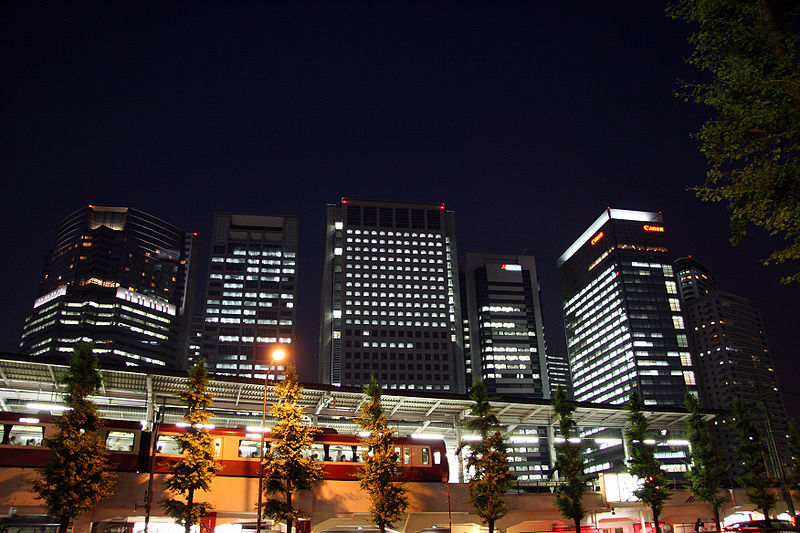
Japan, the World's third biggest economy, is experiencing a major blow in the business sector. From July to September, Japan's economy shrunk by 1.9%, .3% higher than the forecasted 1.6%.
The figures point to a big decline in business investments that suffered a great deal with the 2011 typhoon and earthquake. The country also launched an increase in sales tax in April, going from 5% to a steep 8%, which affected most businesses and is still is making an impact on the country's economy.
The country has suffered from a tremendous decline in consumer spending due to the tax hike last April. The Japanese government legislated the tax increase two years ago, in hopes of paying off an enormous debt, which was reported to be the highest amongst advanced nations.
According to NLI Research Institute Director of Economic Research, Taro Saito, the figures show how bleak Japan's current economy is. Saito is hoping to see a recovery soon, but it will be a gradual one.
"The weakening yen should provide a boost to manufacturers and those benefits will penetrate through a wide range of industries," Saito adds.
The dreadful figures and Prime Minister Shinzo Abe's dissolving of the parliament has led to the government's decision for a snap elections on Dec. 14. PM Abe wanted to delay another 2% increase in tax scheduled on 2015.
PM Abe has launched Abenomics, an economic plan he introduced when he was elected Prime Minister in 2012. The platform has gained him a second term as Japan's Prime Minister.
Reports show that Abe's Liberal Democratic Party (LDP) has a good chance of winning against the opposition Democratic Party of Japan (DPJ).
Not many are aware that Japan has also suffered a recession in 1997, following a raise in sales tax that weakened product demand. This trend shows how sales tax increases impact Japan's overall economy.


















